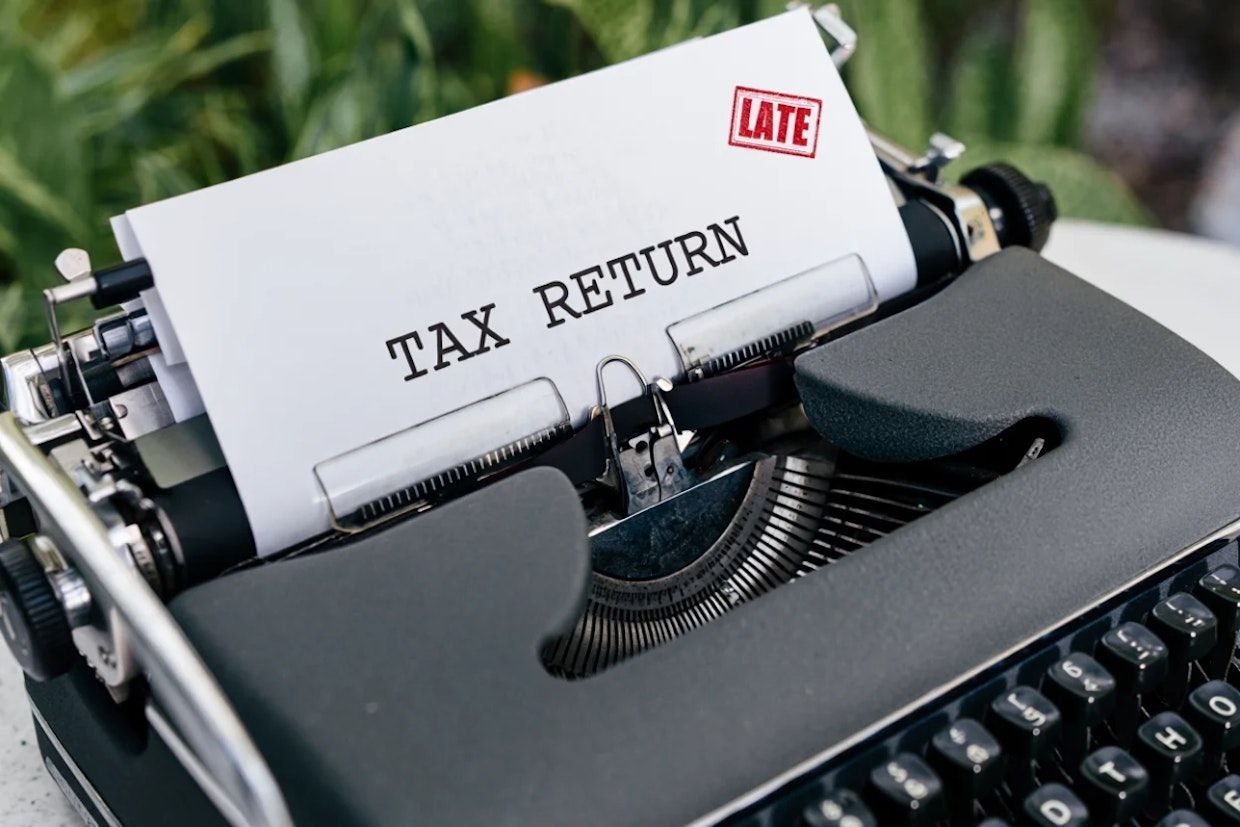HMRC penalties for late payment updated for 2025
Did you know that if you don’t pay your taxes on time, HM Revenue & Customs (HMRC) can charge you interest on your late payment?
HMRC can use its powers to charge interest on late payments of tax and pay interest on overpayments you’ve made to them. And those rates changed from April 2025

How does interest on late payments work?
If you’re late paying your taxes, HMRC will charge interest from the original due date of the payment until the date payment is received.
So, the later you are paying your tax bill, the more you’ll end up paying overall.
What are the current interest rates?
From 6 April 2025, the rate on late payments increased to 8.5% p.a., an increase that’s in line with current rates of inflation and the Bank of England’s interest rate.
Interest is charged at the Bank of England (BoE) base rate plus 400 basis points, credited at BoE base rate, less 100 basis points, with a minimum of 0.5%.
If you overpay your tax bill, or pay early, HMRC will pay you interest on that overpayment. The rate HMRC will pay on refunds and overpayments of tax changed from 3.75% to 3.50% from 25 February 2025.
What happens if I can’t pay on time?
There may be times where you owe tax and simply can’t pay on time. As long as you agree a formal ‘time to pay’ arrangement with HMRC then the interest rate they charge is relatively low.
Simply not paying, without having any agreement in place, is a bad idea. HMRC may charge you a penalty, on top of charging interest on your late payment.
How can we help you manage these payments?
As your current tax agent, we’ll give you plenty of prior warning of the tax amount that’s due and the payment deadline, as a matter of course.
If we’re not already acting on your behalf, we can still help. You might be unsure of the deadlines for the taxes, or need help working out what you’ll need to pay. We’ll help you run projections to check if you have the funding to make these payments. We can also liaise with HMRC to put ‘time to pay’ arrangements in place.
When it comes to tax, it’s always best to talk to us sooner rather than later.



